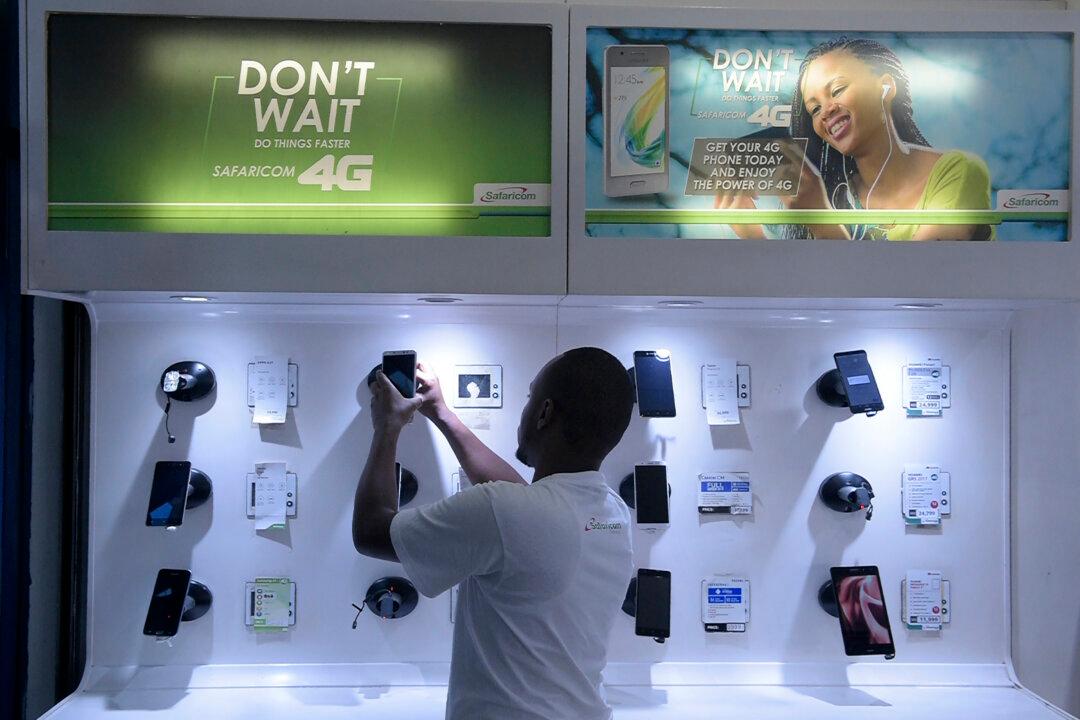Kenya has joined a growing list of countries that have voiced concerns about the security of equipment made by Chinese telecom giants Huawei and ZTE.
Joseph Mucheru, cabinet secretary for Kenya’s Ministry of Information, Communications, and Technology, has asked the African Union’s telecom authority to lead a review of the companies, citing concern that their products can be used to spy on African citizens, according to a Dec. 20 article on Kenya’s technology news site Techweez.
Mucheru made the request during a recent event to welcome John Omo as the African Telecommunications Union (ATU)’s new secretary general.
ATU, officially formed in 1999, is an organization that promotes telecom development in Africa, and numbers 44 member states and 16 associate members (that are telecom operators). The ATU is headquartered in Kenya’s capital, Nairobi.
According to Techweez, Huawei has been the “sole provider” of telecom equipment for many of Kenya’s telecom carriers, supplying base-station antennas, routers, and other products.
Africa Times, an online news site covering Sub-Saharan Africa, published an editorial titled “The World Is Watching Huawei, But Who Is Watching Africa?” on Dec. 23, noting that there “has been little outcry” about Huawei in Africa, even as countries from New Zealand to Japan shut out the telecom firm because of concern about security loopholes in their products.
In May, the U.S. Defense Department issued an order to remove all Huawei and ZTE phones sold at stores on military bases, out of concern that the devices could be used to spy on U.S. forces.“Given [Huawei’s] outsized footprint and its aspirations in Africa, maybe it’s time that there should be a few questions,” the article says.
Huawei, according to its website, entered Kenya’s market in 1998. Since then, Huawei has been involved in the construction of the country’s 2G, 3G, and 4G networks, including roughly 3,500 mobile transmission towers.
For Kenya’s 4G network, Huawei worked with Safaricom and Telkom Kenya, two of the biggest telecom service providers in the country.
Huawei also provided a platform to run M-Pesa, a money transfer and financing service based on mobile phones launched jointly by Safaricom and another telecom operator, Vodacom.
Kenya is also part of the Chinese tech giant’s “Safe City” program, a system for police surveillance and monitoring that uses artificial-intelligence-enhanced cameras. There are 1,800 Huawei-developed security cameras and 200 traffic-surveillance systems in Nairobi, according to the company’s website.
Concerns have been raised by human-rights experts to U.S. lawmakers that the Chinese-developed surveillance systems—which often collect data on citizens without their knowledge—assist governments in creating a police state that uses high tech to suppress citizens.
As for the next-generation of wireless communications, known as 5G, Huawei is currently conducting trial runs for 5G rollout with Safaricom, according to Kenya’s weekly newspaper The East African. The Chinese regime is heavily investing in developing 5G technology as part of its goal to cement global dominance in the 5G race. A U.S. congressional report recently warned that China could exploit vulnerabilities in internet-of-things devices—which would rely on 5G for high-speed connections—to conduct cyber attacks or spy on Americans.
Francis Wangusi, director general of the regulatory body Communications Authority of Kenya, has said Kenya plans to roll out 5G services in 2019, according to Kenya’s state-run media Kenya Broadcasting Corp.




